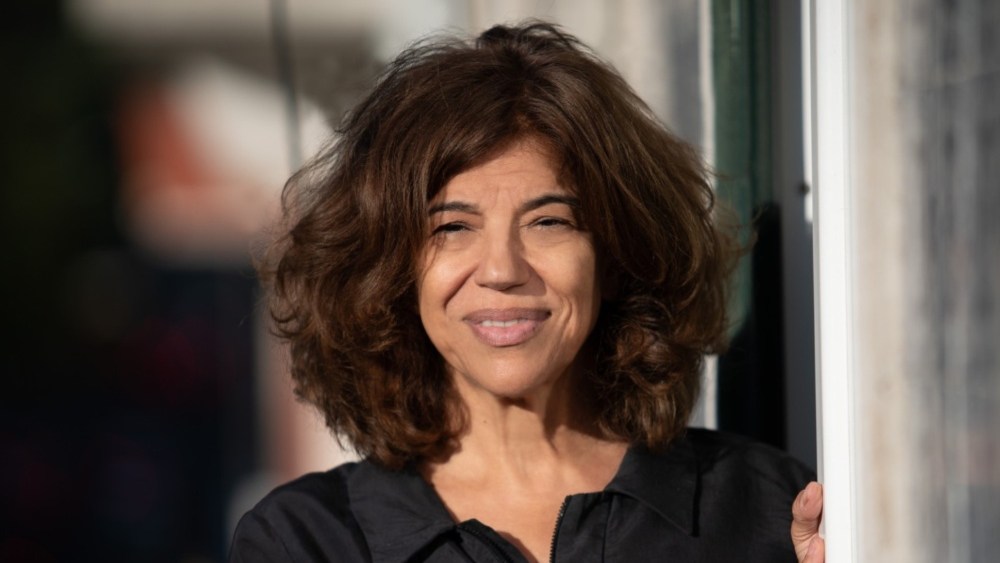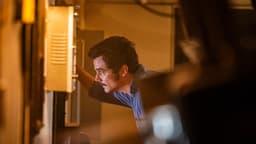Home / Arts and Entertainment / Filmmaker Unearths Hidden Truths in Fascist Archives
Filmmaker Unearths Hidden Truths in Fascist Archives
21 Nov, 2025
Summary
- Filmmaker de Sousa Dias uses fascist regime archives to reveal suppressed history.
- She discovered hidden stories of torture and repression in police records.
- Editing techniques and music help expose the dictatorship's hidden narratives.

Portuguese filmmaker Susana de Sousa Dias is interrogating her country's fascist past through a unique use of archival materials. Inspired by Italian neorealism, she focuses on the period of dictatorship in Portugal, specifically the methods employed by António de Oliveira Salazar's regime. De Sousa Dias's films explore the extensive archives of the political police, seeking to uncover the hidden realities behind official records.
Her process involves re-examining propaganda films and photographs, juxtaposing them with testimonies from former prisoners. De Sousa Dias revealed that the official archives omit details of torture, compelling her to "fill some of these gaps" through her cinematic work. She meticulously edits images, finding "something in the image that had escaped the message that the regime wanted to convey."




